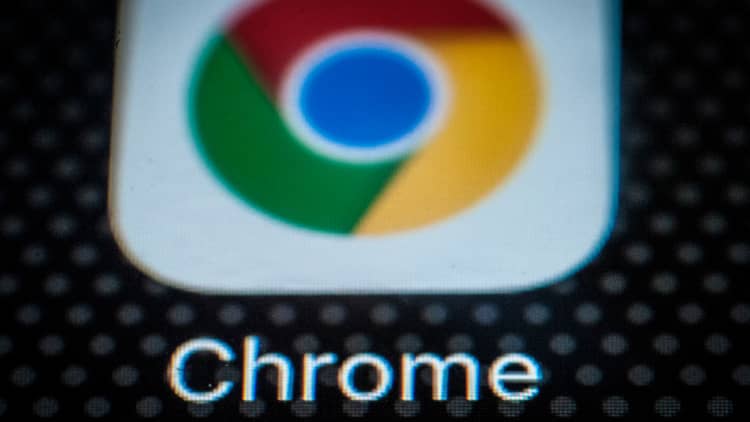Demo days are a dime a dozen in Silicon Valley, but there was something slightly unusual about one that happened in San Francisco late last week. It was taking place in one of Google's city offices, but was mostly made up of people who had decided to pursue success by leaving Google.
Hosted by a community called Xoogler.co, the event featured 24 startups founded by former Googlers, with an audience of 118 angel or early-stage investors, many of whom were current employees or alumni themselves.
The popularity of the "Xoogler" network has popped in recent years, marking an interesting symbiosis between Alphabet, which has increasingly tried to keep its entrepreneurial talent on board, and ex-employees who feel pulled to venture out on their own while still relying on its extensive network.
Since its founding in 2015, the Xoogler community has sought to connect former Googlers interested in entrepreneurship: offering meet-ups, formal events, a Slack group, funding opportunities through a Xoogler syndicate, and some benefits from Google itself.
As it has in the past, Google hosted this most recent demo day and donated food, drinks, staff, and signs. It also gives Xoogler-run startups $20,000 in Cloud credit, a perk that benefits both the founders and its own Cloud business, which can hook potentially hot companies into its ecosystem before they blow up.
"In some ways, the money is like seed funding from Google," Julia Enthoven, founder of an online video editor called Kapwing, says.

She worked as a product manager Google for two years and tells CNBC that she had started to apply to its internal startup incubator, Area 120, but ultimately decided to take her idea outside the company instead. Since Google created Area 120 roughly two years ago, it has launched a handful of apps, but Enthoven knew she wouldn't learn as much about recruiting or scaling if she stayed within the tech giant.
Plus, building something that's already owned by Google isn't as sexy as potentially getting bought by Google some day, even if you have to forgo free lunches and steady paychecks in the meantime.
"Startups are risky, but there is a great upside if you're successful," Enthoven says. "With Area 120, there doesn't seem to be a great upside."
Last week's event was Xoogler's second demo day in the Bay Area. It's also held one in London, and has upcoming plans for Los Angeles and Singapore, too.
Presentations at the most recent event had a strong artificial intelligence and blockchain bent, with applications as varied as boat chartering, fertility tracking, and voice journaling. The network doesn't track how many startups get funding due to its demo days, but half a dozen founders and investors told CNBC that they'd set up one or more meetings following the event.
"There have been exits on a smaller scale in the past, but we have grand visions," says Kevin Yen, one of the event's organizers. "We've had 'pony' level exits but we believe that there's unicorn potential."
It may take a while to reach that milestone, as most venture-backed startups fail (of the 33 startups that presented at the 2016 Xoogler demo day, fewer than two-thirds still have an active web presence).
However, for new angel investors, knowing that founders worked at Google feels like a form of due diligence.
Investor Sri Gorthy, who worked at Google for 8 years himself, says that Xoogler-run companies have become his "sweet spot," since he trusts that anyone who worked there has a strong work ethic. He has previously invested in two, plans to find three more to contribute funding to this year, and is in the process of setting up meetings with several he saw at the demo day.
Besides funding potential, participants said that the demo day was just a good time to catch up with former coworkers. Yarden Horowitz, who came in from New York, said that she enjoyed bonding with her fellow Xooglers over demo dry runs, beers and Uber rides. Vijay Koduri, who spent 7 years at Google and now contributes to the Xoogler investment fund, says that the loves the community because the people are what he misses most about his old job.
Although Alphabet's expanding footprint in the Bay Area means that the company never feels that far away.
As one startup entrepreneur joked, between events, meetings, and lunch dates with friends, he felt like he was spending nearly as much time at Google's offices as a founder as he did when he actually worked there.
All photos courtesy of Nikhil Yerasi.


